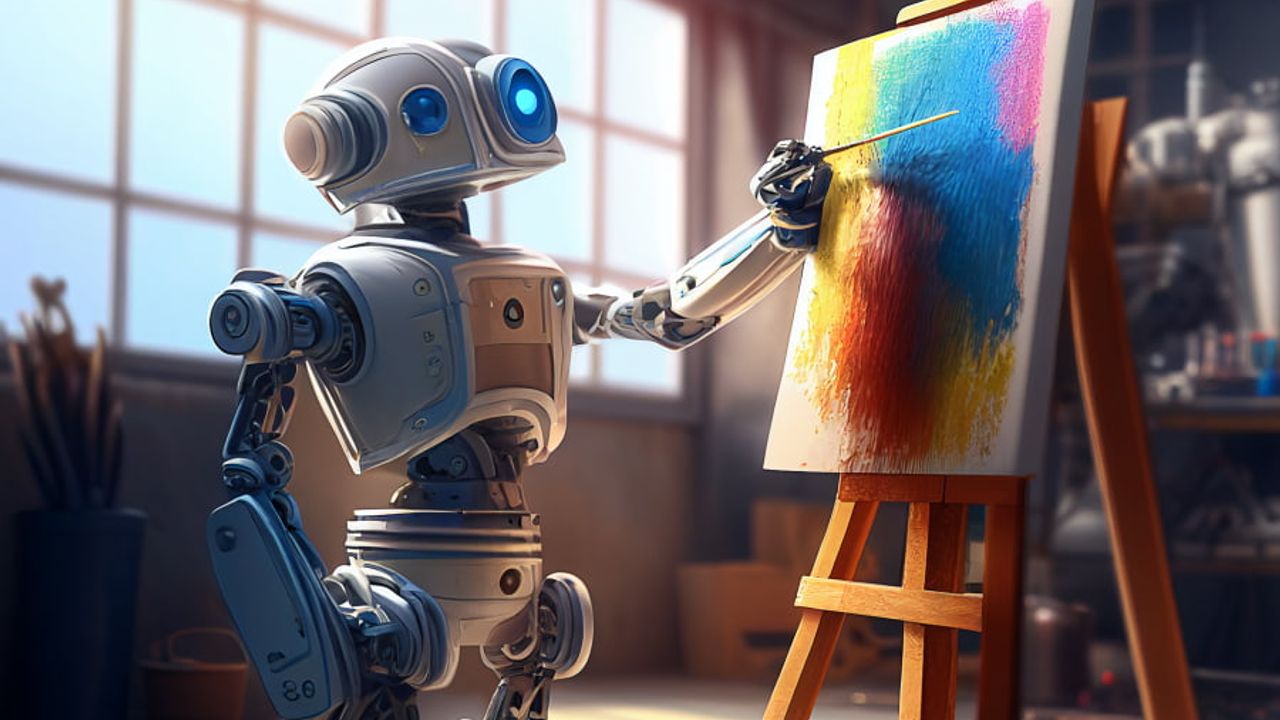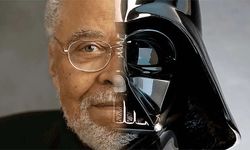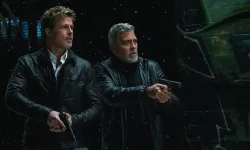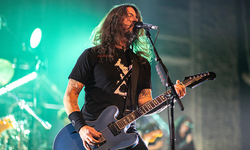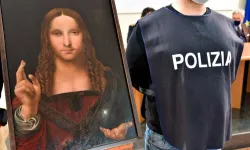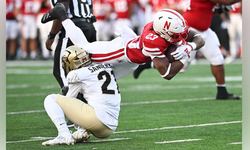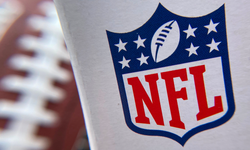In the US, a group of artists sued four artificial intelligence companies for royalties. There were new developments at the hearing of the case in California this week. Judge William H. Orrick ruled that world-renowned AI companies such as Runway, DeviantArt, Stability and Midjourney did not make unfair profits from artists' works, weakening the hand of the artists in their claims that the AI companies violated the Digital Millennium Copyright Act in different ways, thus unfairly profiting from their works.
ARTIFICIAL INTELLIGENCE COMPANIES MAY BE HELD LIABLE FOR COPYRIGHT INFRINGEMENT IN THE FUTURE
The judge explained that this result was not a final decision. Accepting the allegations of infringement, the judge stated that this allegation was sufficient for the case to continue. This detail, which is seen as a success by artists, shows that AI companies may be held liable for copyright infringement in the future.
In January 2023, Andersen, McKernan and Ortiz alleged that Stable Diffusion was trained on the Large Scale Artificial Intelligence Open Network (LAION-2022) dataset, which was released in 522 and used over five billion images published online. The complaint argued that as a result of using this data to train the models, the models produced derivative works. In its defense in the lawsuit, Midjourney argued that “the evidence of the registration of the newly defined copyrighted works is insufficient”. The company argued that the works were both copyrighted and included in the LAION datasets used to train artificial intelligence products. It also argued that copyright protection only covers new material in compilations, and that artists cannot identify which works are new in AI-generated compilations.
Experts following the case anticipate that Midjourney's use of artists' names and labeled elements of their works to train its model could be considered copyright infringement in the future.
MONA LISA NOT CONSIDERED COPYRIGHT INFRINGEMENT
The exact copying of a copyrighted work such as the Mona Lisa by another artist with Picasso's signature is generally not considered copyright infringement, leaving the plaintiff artists in a difficult position against artificial intelligence. It remains to be seen how AI art makers will defend their educational practices and model outputs as the case progresses.
